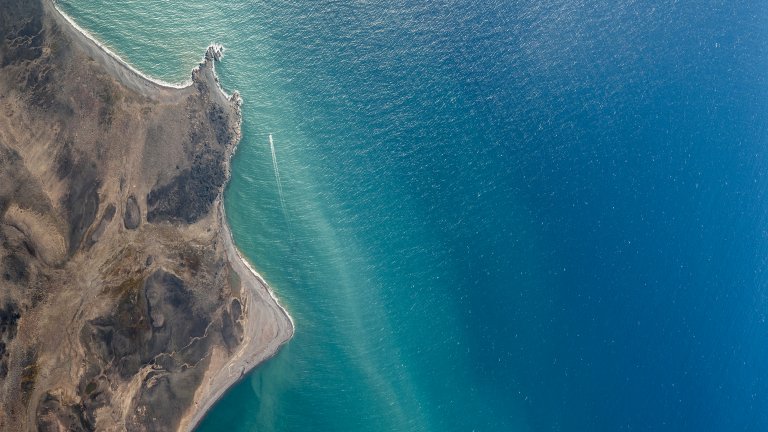
© Erwan Amice / LEMAR / CNRS Photothèque
View the mediaScientific news
COP 28 opens on 30 November in Dubai, against the backdrop of accelerating global warming and its effects. On the agenda, in particular, are negotiations to compensate poor countries, those most threatened by climate upheaval.

© Erwan Amice / LEMAR / CNRS Photothèque
View the mediaThe 28th Conference of the Parties to the United Nations Framework Convention on Climate Change, or COP 28, opens on 30 November in Dubai, with the major objective, as it has every year since the first COP in 1995, of limiting global warming, and therefore reducing greenhouse gas emissions. While the number of participants has risen considerably - 70,000 people are expected in Dubai - so have the stakes: the latest IPCC reports are more alarmist than ever, and governments will have to work twice as hard to meet the targets set by the Paris Agreement in 2015 by limiting the rise in temperature to 1.5°C by the end of the century.
It's a tall order, especially as all the signs are that global warming is accelerating, with terrible consequences around the world as early as 2030. It is also these consequences that the participants at COP 28 will be assessing as part of the discussions on the "loss and damage" fund, designed to compensate the poorest countries, which are bearing the full brunt of the effects of global warming even though they contribute the least to it. Be that as it may, one thing is clear: there is an urgent need for action, and the scientific community is obviously at the forefront of this battle.
Scientists are not waiting for the annual COP deadline to work to better understand and counter global warming. Discover a selection of reports on the consequences of global warming, and the initiatives taken by scientists to combat it.
Our work is guided by the way scientists question the world around them and we translate their research into images to help people to understand the world better and to awaken their curiosity and wonderment.